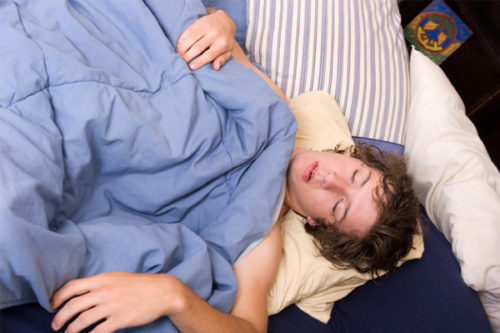Proverbs of Medicine: Sleep Habits to be Healthy, Wealthy and Wise
Some time ago I did a series of posts about medical proverbs but deliberately left one out: The Sleep Habits to be “Healthy Wealthy and Wise.” It deserved an entire post of its own.
We (and Wiki and Google) usually associate this aphorism with Benjamin Franklin and his “Poor Richard’s Almanack”—a collection of maxims published in the early 18-hundreds. But it sounds mighty Hippocratean or Socratean to me.
Some studies show over 80% of teens are sleep deprived
Franklin stressed frugality in all of his writings. In fact everyone back then either “used it up or wore it out” and were the original reclaimers and recyclers. It was before electricity after all and going to bed when it got dark and awakening at dawn saved on candles.
However, even though they “didn’t know any better” we DO now! Before artificial lighting, the earth’s populations “hit the hay” about 8 PM and slept for about 10 hours – or somewhat longer. Even today, cultures without electricity carry those numbers and habits on.
But we also know more! We’ve evidence that sleep is restorative in specific ways. We know that sleep is where memory is processed and therefore where actual “learning” takes place.
So, as proverbs go, saying that: “early to bed and early to rise makes a man healthy, wealthy and wise” is more than 
Early to Bed, Early to Rise
Can It Really Be True?
Ok, ok, ok… even if it is true there’s no way it could be connected to health, wealth and wisdom… can it?
Let’s take a look at what we know. Admittedly in some areas there hasn’t been a lot of scientific research but there has been some and it all stacks up.
In fact here’s twelve reasons:
Better Quality Sleep
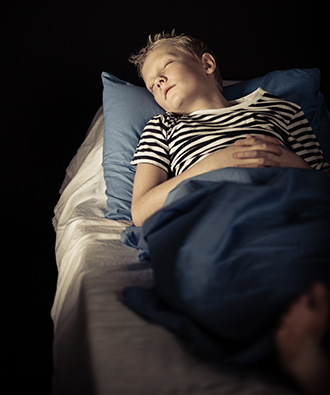
There is a tad bit of evidence that sleep before midnight is more precious than sleep after midnight. In fact there are some who go so far to quantify that each before-midnight hour is worth 2 after-midnight hours in terms of restfulness and rejuvenation.
Do you understand what I’m saying? Eight hours of sleep from 9 PM to 5 AM is more restful than 8 hours from midnight to 8 AM.
When they’ve tried to identify what it was that was creating such a difference, the only thing they can come up with is the observation that “early sleepers” experience more non–REM than those who go to sleep later.
Is this observation what leads to the difference in sleep quality too?
Sleep More Easily
You’ve heard of the circadian rhythm the body goes through each day? From about 6 to 10, either morning or night, the body goes through it’s sluggish time. Between 6 and 10 PM is the time the body normally associates with going to sleep. That’s the time when it is the most easy to fall asleep.
The same goes for 6 to 10 AM – hard to wake up during that time. Once you cross 10 o’clock (AM or PM) the body becomes more active and it’ll be harder to get to sleep until you reach about 2 AM.
Natural Body Cycle Alignment
Is there a “Natural” sleep clock in the human body? Many think so; but it’s difficult to appreciate these days now that artificial lighting is everywhere.
Researchers who placed a whole bunch of volunteers somewhere where there was no artificial light whatsoever found that they universally switched to around an 8 PM bedtime, just like the time people went to sleep before artificial lighting was invented in 1879.

Once sunlight didn’t rule everyone’s day, people started going to bed later and later and consequently began getting up later and later. Before then people slept about 10 hours normally. In fact even today traditional cultures sleep 10 hours a night when they aren’t bothered by pressures of modern society.
Getting More Sleep
Going to sleep early basically gives you more time to sleep. Most who have a job have a set time to work and hence a deadline to awaken. The only end of the night’s sleep which can be moved is the beginning; the end is fixed by commitments.
Sleeping-in (a “lie-in” for you brits) is a luxury which doesn’t happen often. Even working from home carries with it definite expectations, unless you want to starve. Additionally, there are other things that won’t wait like social expectations.
Social Integration
From what I see on television these days, if you’re living a subsistence lifestyle—planting, hunting, gathering— or living in a cave, you won’t have any problem at all with sleep.
But if you’re living in the modern society, friends and clients need attending to and need scheduling; and, things like children, tryouts, games, school and practice all demand attention on a regular basis and are heavily driven by the clock.
Sleeping late makes most of these impossible.
Preparing For Breakfast
The so-called most important meal of the day (breakfast) might just determine how the rest of the day goes for you. A good breakfast obviously supplies energy and nutrients to do work.
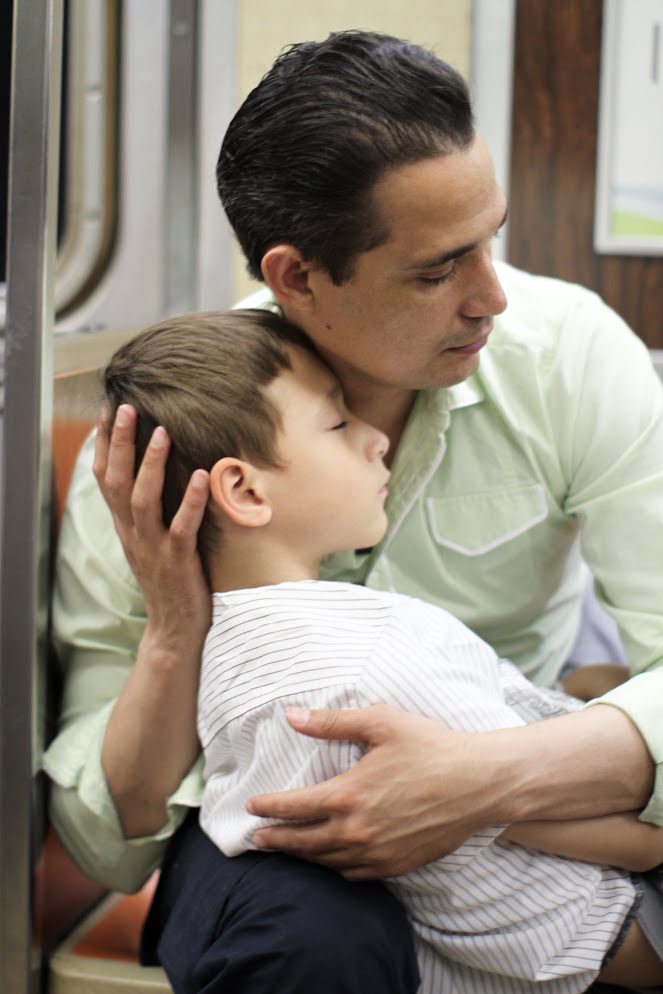
Sleeping late almost always produces consequences in nutrition. If you have no time you grab substandard nutrition (no matter what the packaging says) and may just go straight to lunch.
Burn Annoying Fat
Yes, you would just know that your choice of bedtimes would have some correlation to your weight and fat composition wouldn’t you? And more than just slightly.
The university of South Australia found that late sleepers were substantially more obese than early sleepers. The body will store up food eaten at night rather than burning it like it should and once stored it’s harder to get un-stored.
The body will preferentially use “energy” floating around in the bloodstream before “bothering” to take that which is stored down from the shelf.
Early to Bed, Early to Rise
I’ve noticed that, as of 2019, it’s become increasingly more advantageous to lead the pack in life than follow it. Shopping late, you get empty shelves and picked over commodities these days (yes, even in the US).
Doing all your increasingly-mandatory phone calls to customer service as soon as they open rather than on your lunch break can save you literally hours and hours each day. Being slightly early rather than precisely on-time gets you a parking place.
All associated with early to bed, early to rise. And, perhaps it might give you the space in the day to slow down the pace instead of continually rushing.
Strengthen Your Heart
As high as it is in the US, the stress levels of the residents of Tokyo these days must be astronomical. (Based on what I see on TV and in the press) There are beautiful areas of serenity on film and TV; but, most Japanese friends I have seem incredibly “driven.”
I don’t know what it is in Japan but in the US a person dies every 34 seconds of heart disease.
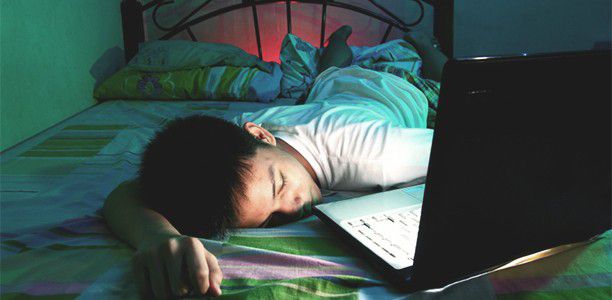
Japanese researchers at the Misao Health Clinic in Japan have shown that going to bed at a “reasonable hour” (defined by them as “before midnight”) significantly decreases risk of heart disease.
Those who go to bed before midnight have substantially less arterial hardening than those who go to bed after midnight – even if they sleep 8 hours!
Energy Enhancement
No matter how hard teens try to ignore or deny the fact, sleeping habits are definitely related to a persons activity and overall energy levels during the day.
Those who sleep early and wake early simply are: more active and have higher energy levels than those who sleep and wake late! Pure and simple. If you’re sleeping late, waking late and still wondering while you feel drowsy during the day – wake up and smell the roses.
Performance Awesomeness
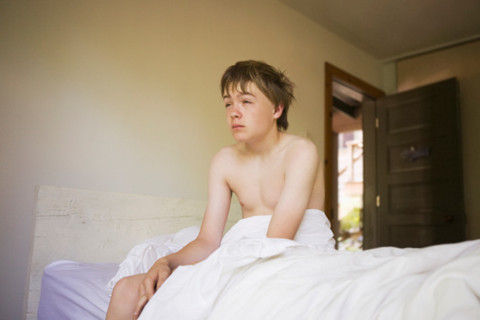
Hang in there, we’re almost through with the twelve. Stanford University no less conducted a series of tests on athletes by getting them to sleep 10 hours a night for several weeks.
They tested athletes in multiple sports teams: basketball, football and swimming.
The results? Their performance exploded to levels both the individuals and teams as a whole had never before been able to achieve. They shot baskets better, threw football’s more accurate and farther, ran faster, had better times in laps and even broke personal records they had never surpassed before.
If being successful equates to being wise and eventually successful in work; then, can wealth, if you want it, be far behind?
Keep Depression Away
And lastly, if you feel anxious, depressed or moody a beginning place to start looking for an answer is your sleep habits.
A big study on teenagers is the last one I’ll inflict on you today. A nervy researcher convinced parents to let their teens stay up till midnight or later and compared them with a control group whose parents did not. Similar to what the Japanese study I told you about did.
Those that slept late: were more likely to develop depression and mood disorders than those who slept early!
Really, is there anything more I could say?
4 Posts in Proverbs (proverbs) Series
- sleep and health – 18 Feb 2019
- Seasons, patient learning, remedies, eating and health checks – 1 Dec 2018
- Heart, fever, smoking, water and apples – 6 Oct 2018
- Proverbs Series: Intro/Index – 1 Oct 2018
Advertisement by Google
(sorry, only few pages have ads)

